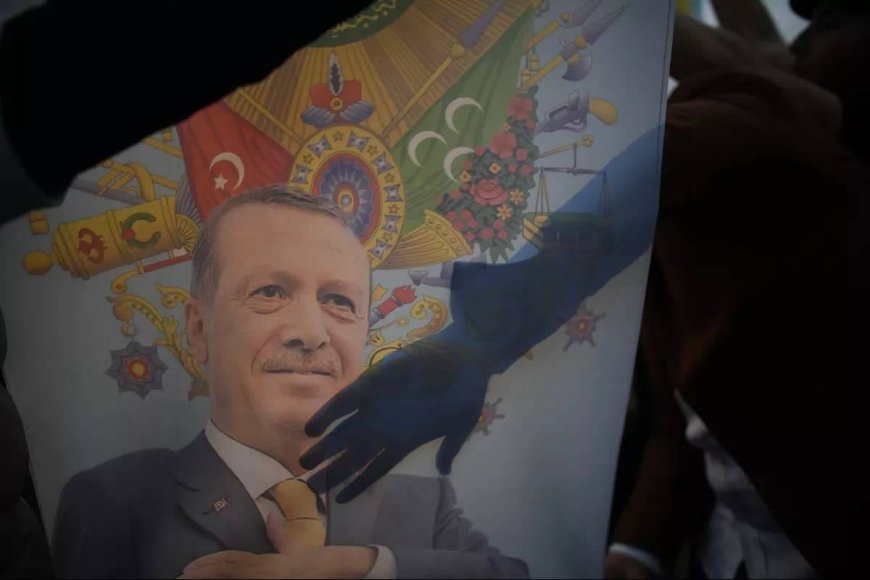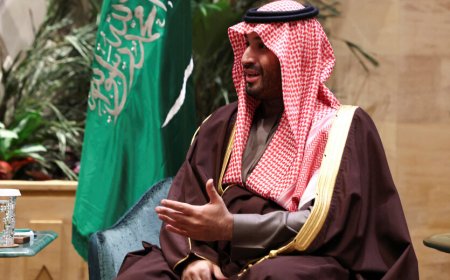How Erdoğan addresses his domestic challenges by exporting them
How Erdoğan addresses his domestic challenges by exporting them

Following a tumultuous electoral process in Turkey, marked by strong public participation, the incumbent President Erdoğan has successfully secured his position as the country's leader for the next five years. However, his administration now faces the daunting task of addressing the deteriorating economic challenges that continue to plague Turkey. The concurrent election for both the presidency and parliament in Turkey held great significance for the West Asian region, as Ankara has been subject to extreme Western pressures that were eagerly anticipating Turkey's alignment with their political camp. In the midst of the ongoing conflict between Russia and Ukraine, the recent election presented a prime opportunity for the West to forge closer ties with Turkey and shift the balance of power away from Russia. With Turkey serving as a key supplier of goods and services to Russia, this move could have significant implications for Russia's economic landscape.
In the aftermath of the elections, the Turkish economy experienced a jolt as the lira underwent a devaluation compared to the dollar. The Erdoğan administration's efforts to curtail the further devaluation of the lira have been met with mixed results. While some degree of stability was achieved, the currency has since experienced a sharp decrease in value, with the lira-to-dollar ratio taking a noticeable hit. Analysts are predicting further declines in the near future.
The prevailing economic issues, as previously stated, necessitate an immediate response from Erdoğan, given his reputation as a pragmatic leader.
On the other hand, Erdoğan’s approach to addressing domestic issues appears to involve exporting them overseas. As we analyse various geopolitical regions across the globe, from northern Syria to Greece, Central Asia, and the Caucasus, tensions are brewing between Turkey and other international actors.
The lingering disagreement between the United States and Turkey regarding Northern Syria, which originated during the 2011 civil war, continues to be a significant concern in the present political milieu. The present circumstances in Syria, particularly the emergence of the Kurdish political forces and the United States' backing of them, have led to a sense of pessimism on the part of Erdoğan regarding the United States. Additionally, the continuing PKK's activities in Iraq, coupled with the Kurdish population's presence in Turkey and their links to their co-ethnics in Iraq and Syria, have provided a pretext for Turkey's military intervention. In light of the recent Turkish elections, where a majority of Kurds cast their ballots for President Erdoğan’s main rival, Kemal Kılıçdaroğlu, it appears that Erdoğan’s hostility vis-à-vis this ethnic group has intensified. This is a pattern that has been observed in the past as well. Amidst internal turmoil, Turkey may resort to a military intervention in northern Syria as an alternative remedy.
Meanwhile, Greece finds itself embroiled in an impasse with Turkey, with the latter considering military intervention in the region due to a number of issues that we will delve into. The longstanding tensions between Ankara and Athens have been fueled by a range of contentious issues, including territorial waters, disputed maritime regions, the militarization of islands, and alleged violations of the rights of the Turkish minority in Greece. These issues have persisted for decades and continue to be a source of friction between the two nations. Today, it becomes increasingly evident that the near future does not hold any promising signs of a de-escalation in the tensions between these two nations as the United States ramps up its military aid to Greece with the State Department's approval of the F-35 sale to Athens. This could potentially turn the region into a hotbed of conflict in the years to come.
For quite some time, the Central Asia and Caucasus region has been an appealing target for strategists in Ankara to increase Turkish regional clout. Today, Turkey's foreign policy is mainly focused on fostering extensive cultural, social, and economic ties with its Turkish brethren in Central Asia. It's worth noting that the five Turkic-speaking Muslim republics of Azerbaijan, Uzbekistan, Turkmenistan, Kazakhstan, and Kyrgyzstan in the region of Central Asia and the Caucasus have a significant historical connection with Turkey.
Turkey's strategic partnerships with Central Asian countries have taken on symbolic significance due to the shared language, customs, and economic interests that bind them together. The geopolitical landscape in this region is currently being shaped by Turkey's pursuit of a so-called Turanian corridor. Given the volatile relationship between Turkey and Armenia, it is possible that the construction of the Zangezur Corridor could lead to military intervention and ultimately serve Turkey's strategic interests in the region.
For all the possible scenarios that we have mentioned above, it is imperative that we take into account President Erdoğan's personal pragmatism. Also, we must wait to see the strategic choices of Turkish policymakers as they navigate the pressing economic challenges ahead of them.
The measures taken by Western powers to incite conflicts akin to the Ukraine conflict on a worldwide scale, such as a possible confrontation in West Asia or a full-fledged war over the breakaway island of Taiwan, have caused governments in the region, like Iran, to remain vigilant and meticulously evaluate any changes in global politics.
Finally, after the COVID-19 pandemic has passed, it is incumbent upon the Turkish authorities to exercise maximum prudence, eschew any form of conflict, and focus on resolving the mounting domestic challenges besetting their country.













































